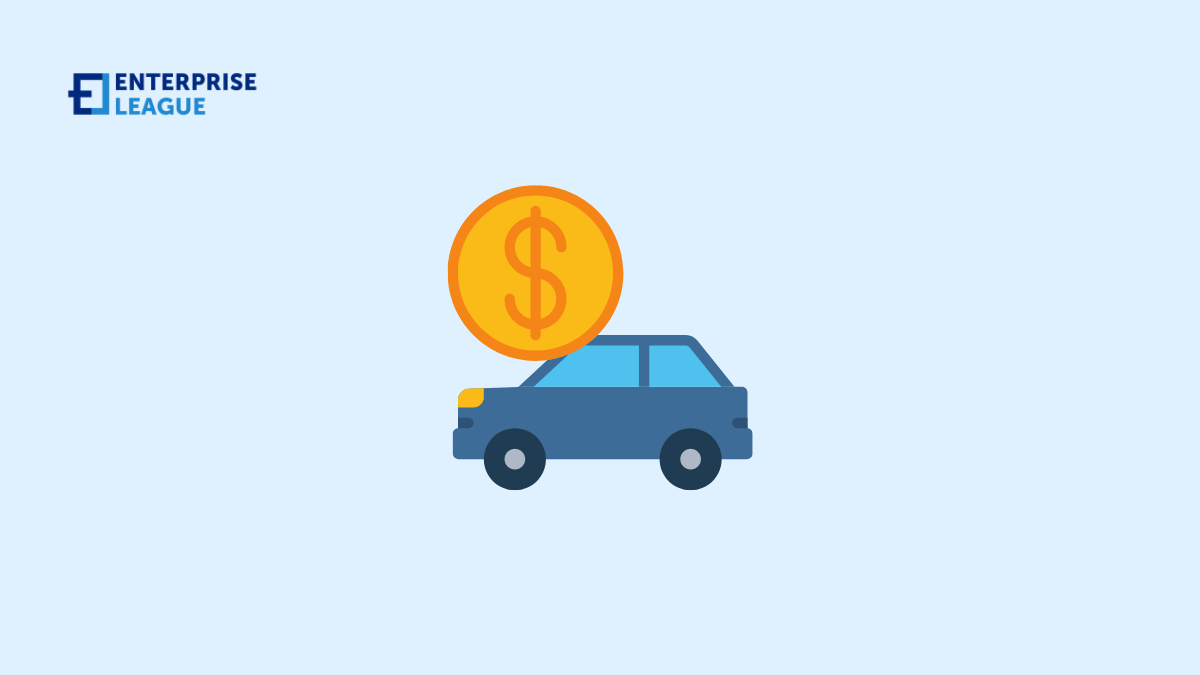If you fall under this category of people, there are fortunately solutions for you to obtain a car without emptying your savings account. For instance, you can opt to take out a car loan to finance your desired vehicle.
While this is one possible way to get a car without needing to finance it immediately, a car loan is still a running cost that has a sizeable list of downsides to consider.
Some pros and cons must be considered before committing to a loan. This article will break each of them down.
Pros of getting a car loan
Here are the benefits of getting a car loan to fund your vehicle purchase.
Immediate financing
The main reason people take out a car loan is that it provides near-immediate financing to acquire their desired vehicle. This can be beneficial for those who are in urgent need of getting a car without having to resort to borrowing from friends, family, and financial institutions.
If you plan to use the car for business purposes, waiting a long time to acquire it could severely limit your operational logistics. A chattel mortgage, on the other hand, grants you access to the finance you need right away and allows you to use and produce income with the purchased car before the end of the loan’s term.
For more information, see this guide from Westpac about chattel mortgages
Builds credit history
If you pay your car loan on time, you can reap the benefits of a good credit score. This can positively affect your chances of being approved for future loans. It’ll also give you the ability to secure more favourable loan terms in the future, such as housing loans.
Of course, this is considering that you promptly pay your loan in the first place. If you foresee yourself having a healthy amount of disposable income that’ll last you the length of the loan’s term, taking a car loan is one surefire way to build up your credit score.
However, if you think that the loan terms are too tight for your financial capabilities, it might be better to look for alternatives or hold off on loan activities for now.
Increased spending power
Moreover, getting a loan means that you’ll still have some of your finances stashed away in case you need them for emergency purchases in the future.
More tax deductions
A business vehicle is typically eligible for various tax benefits. This includes work-related travel expenses, such as using the car for your job, carrying work tools, or travelling from an alternative workplace to your main one.
Tax benefits that are specific to car loans are also eligible for possible deductions. For instance, you can claim tax benefits from the depreciation of your car if it’s paid using a car loan. And just in case you were wondering about interest rates getting taxed, don’t worry—interest paid on car loans is eligible for deductions as well.
Cons of getting a car loan
There are a few cons you should be aware of before getting a car loan.
Long monthly repayments
Getting a car loan can lock you into a multi-year contract with a host of monthly repayments. This can be quite the financial strain, especially if you’re already budget-strapped and dealing with multiple loans already.
If your income isn’t stable, there’s a risk that you might have difficulty paying off the loan each month. So while a car loan might vastly improve your working abilities, it’s necessary to weigh the downsides as the decade-long financial burden may limit your lifestyle and other business opportunities.
A down payment is still necessary
A loan may seem like a helpful way to avoid paying a large amount upfront, but don’t be fooled—you’re still likely going to have to pay a substantial down payment.
Car loans are usually structured in such a way that you need to pay at least 20% of the total cost upfront. While this is better than having to pay the full price right away, it’s still a hefty sum you’ll have to have on hand before signing the contract.
High-interest rates
Paying the price of the car upfront means you don’t have to worry about interest rates. However, if you don’t have enough money and have to opt for a car loan, interest rates can range anywhere from 5% to 10% depending on who you’re lending from and your own credit score.
This means you could be shedding out more than a thousand dollars in interest fees alone for the entire duration of your loan. If that’s not something you can afford, getting a car might not be a suitable option for you in the meantime.
More must-read stories from Enterprise League:
- The golden rules you need to build a steady buyer-seller relationship.
- How successful businesses can give back to the community.
- Things to consider before deciding on a business location.
- Get entertained and educated with these 20 best business movies.
Related Articles
Scaling your data annotation efforts: A guide to efficient labeling
This guide highlights the critical role of a thought-out data labeling strategy, digs into workflow optimization and presents actionable steps for scaling up.
Top 26 sheet metal companies paving the way forward (2024)
The top 26 sheet metal companies with the smartest techniques of sheet metal fabrication. Find out what technologies they use and how are they shaping the path forward.
8 essential skills you need to run a successful business
We will go through the eight critical skills that entrepreneurs and business leaders need to master to establish flourishing and enduring businesses.
Scaling your data annotation efforts: A guide to efficient labeling
This guide highlights the critical role of a thought-out data labeling strategy, digs into workflow optimization and presents actionable steps for scaling up.
Top 26 sheet metal companies paving the way forward (2024)
The top 26 sheet metal companies with the smartest techniques of sheet metal fabrication. Find out what technologies they use and how are they shaping the path forward.






